Facing grueling conditions worthy of a Dantean hell, up against soaring walls of blistering flames, thousands of firefighters mobilized throughout the Canadian summer. They came out exhausted and worried for the future.
Four of them described to AFP their experiences as this record-breaking wildfire season comes to a close.
- 'Crazy' summer -
Isabelle Boucher, 26, spent the entire "crazy" summer in the Canadian wilds working 12-hour days.
"I didn't see anything, I didn't do anything. I just worked," the firefighter said.
Standing just five feet tall (1.5 meters), the new recruit was deployed to beat back intense fires that flared across Quebec.
While not worried about her physical health, Boucher admitted to being mentally exhausted.
She is not alone: this year's wildfire season has weighed heavily on the morale of all firefighters, she said.
"The future is scary," she added, eager for a break.
- 'Huge tinderbox' -
At 21, Alfred James (AJ) Lawrance is already a somewhat seasoned firefighter. He too admitted to feeling exhausted, "desperate for a break after working nonstop through the summer."
He deployed in the Northwest Territories, notably to fight fires advancing on Yellowknife in the far north, a city that had to be evacuated in August.
"The lack of rain this summer made things extremely difficult and transformed all the vegetation into a huge tinderbox," he said.
An avid outdoorsman, he said he sometimes felt helpless. "It's hard to see friends' houses and cabins destroyed and not be able to do anything because the fire is too extreme."
A forestry student, he worries about the future: "As summers get hotter and it rains less and less, fires move closer to communities and cities. It's a huge threat."
- A bigger, badder new 'normal' -
Firefighter Kara Galbraith, 29, said her job was very much like an organized sport, with huge emphasis on teamwork, physical fitness and a common goal.
A former rugby player from British Columbia, a western province hard hit by fires, she is an almost 10-year veteran of the local forest fire service.
Galbraith began firefighting to pay for schooling but fell in love with the job and stuck with it. Through most of the summer, she was on the front lines leading a team of 18 firefighters.
She said her university background in geomatics -- collecting and interpreting data about the earth's surface -- "helps me map fires and give crews situational awareness."
After years battling blazes, Galbraith said the increasing intensity and number of wildfires is becoming the new normal.
The fire season is starting earlier and lasting longer each year, she said, beginning as soon as the snow melts and stretching through October.
"That's a really long fire season," Galbraith said, adding that it is wearing down firefighters, whose numbers have been recognized as too few to meet needs.
- 'Never again' -
Luc Boutin, at 60, is among Canada's oldest volunteer firefighters, with nearly 30 years experience. He told AFP he's never seen it this bad, adding, "We're really scared."
A pulp mill worker by day in Lebel-sur-Quevillon, Quebec, he is new to wildfires, having trained in dealing with house fires.
In his small town nestled in the heart of the boreal forest, he said, "the fire came very close to the pulp mill."
"It was a wall of flames. I was scared."
"I hope I never experience that again," Boutin added, explaining that "there were mornings where you couldn't see a few feet in front of you because the smoke was so thick."
Although wary of a repeat next summer, he recalled fondly the incredible solidarity that developed among the firefighters with whom he shared barracks for three weeks.
And, Boutin added, "peoples' recognition of our hard work warmed the heart."
-AFP






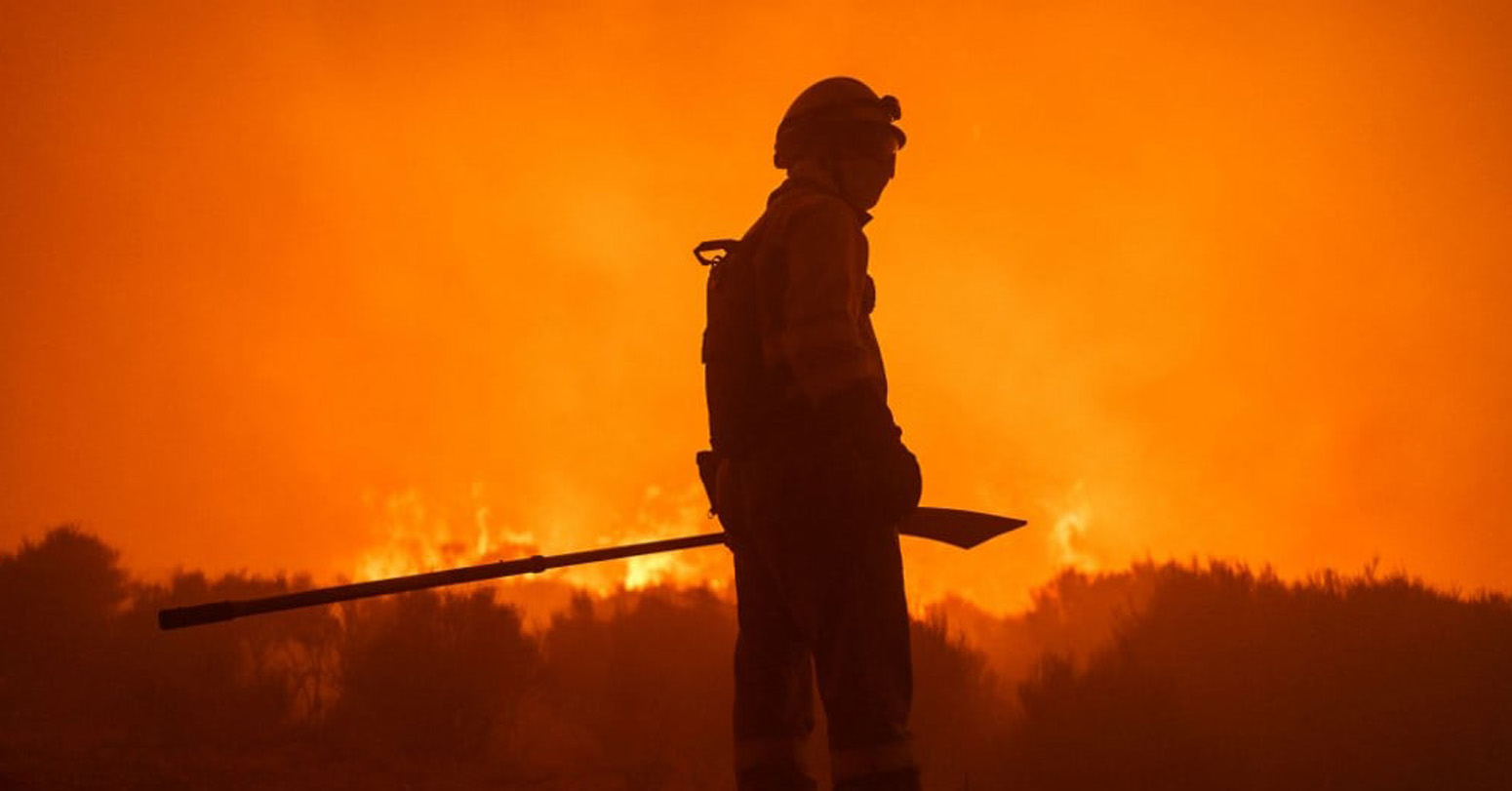





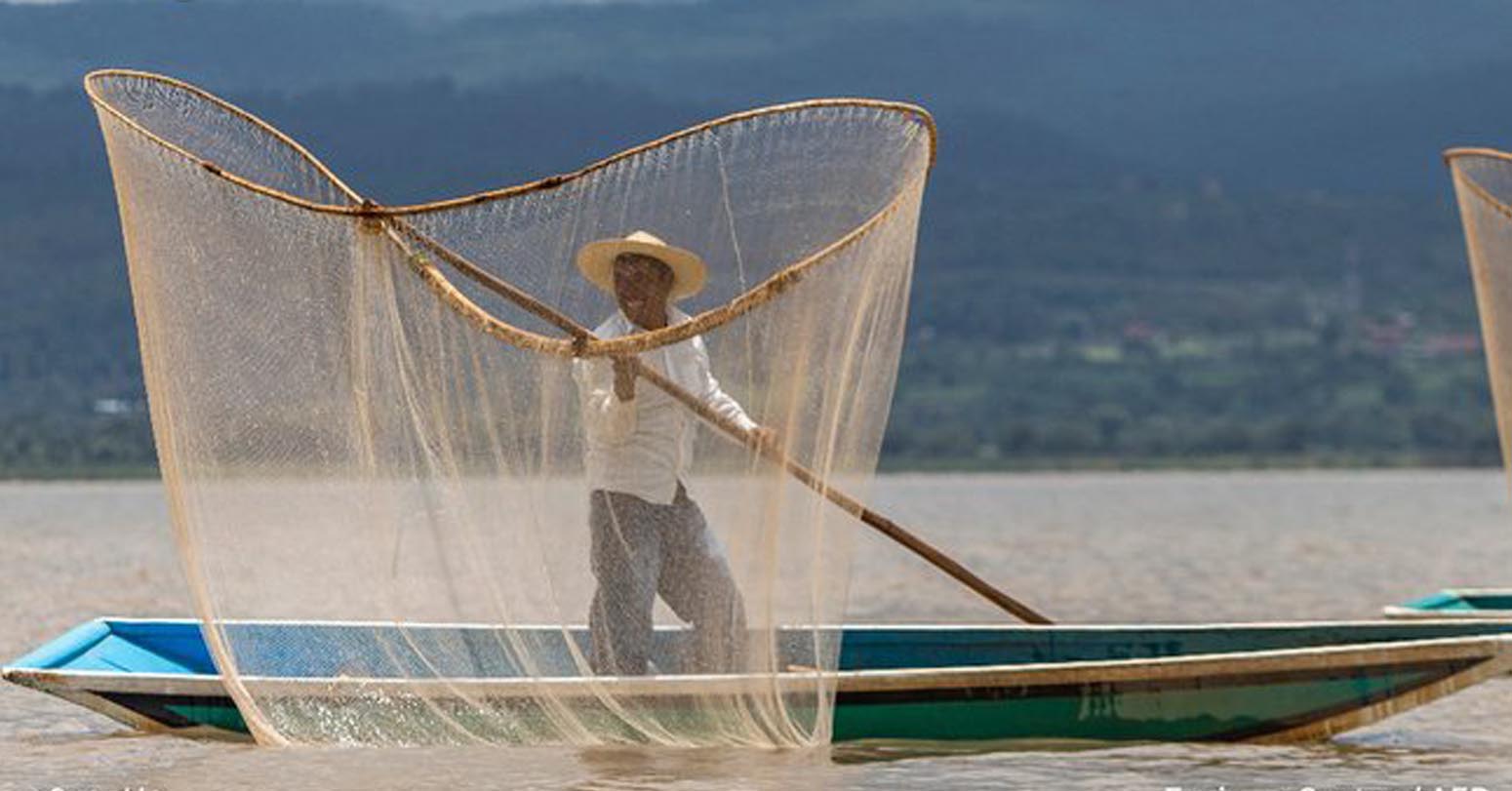
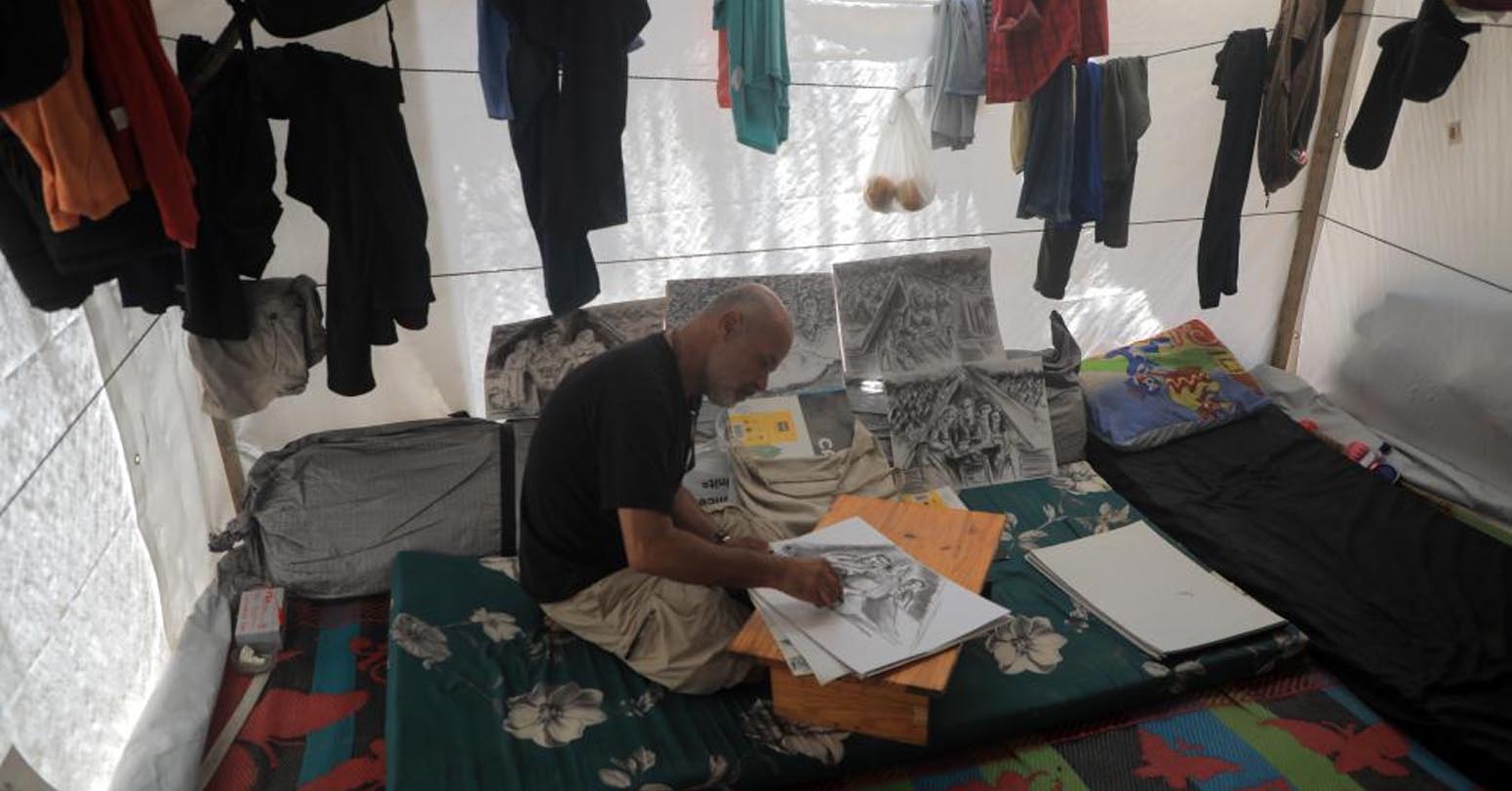

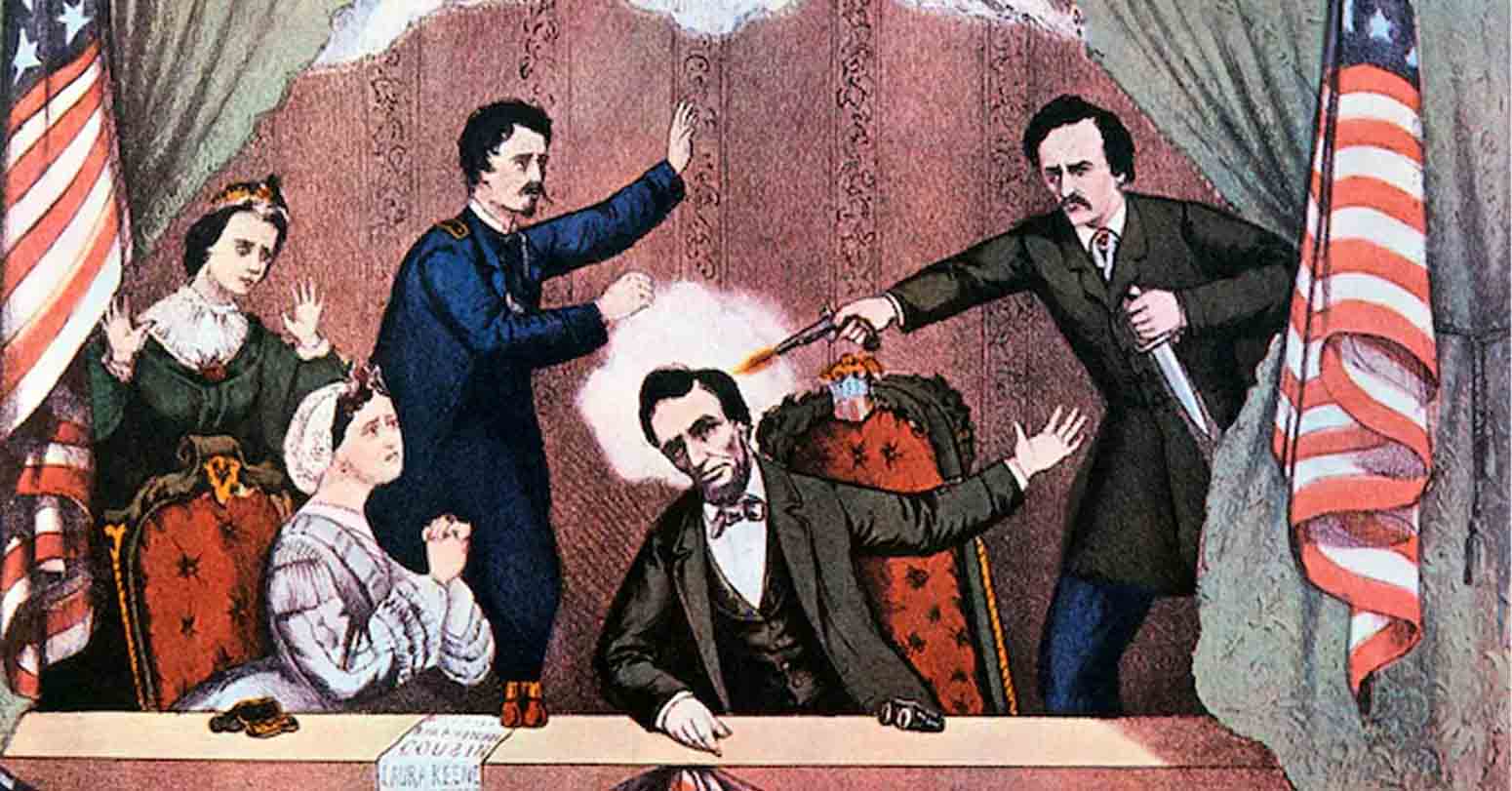


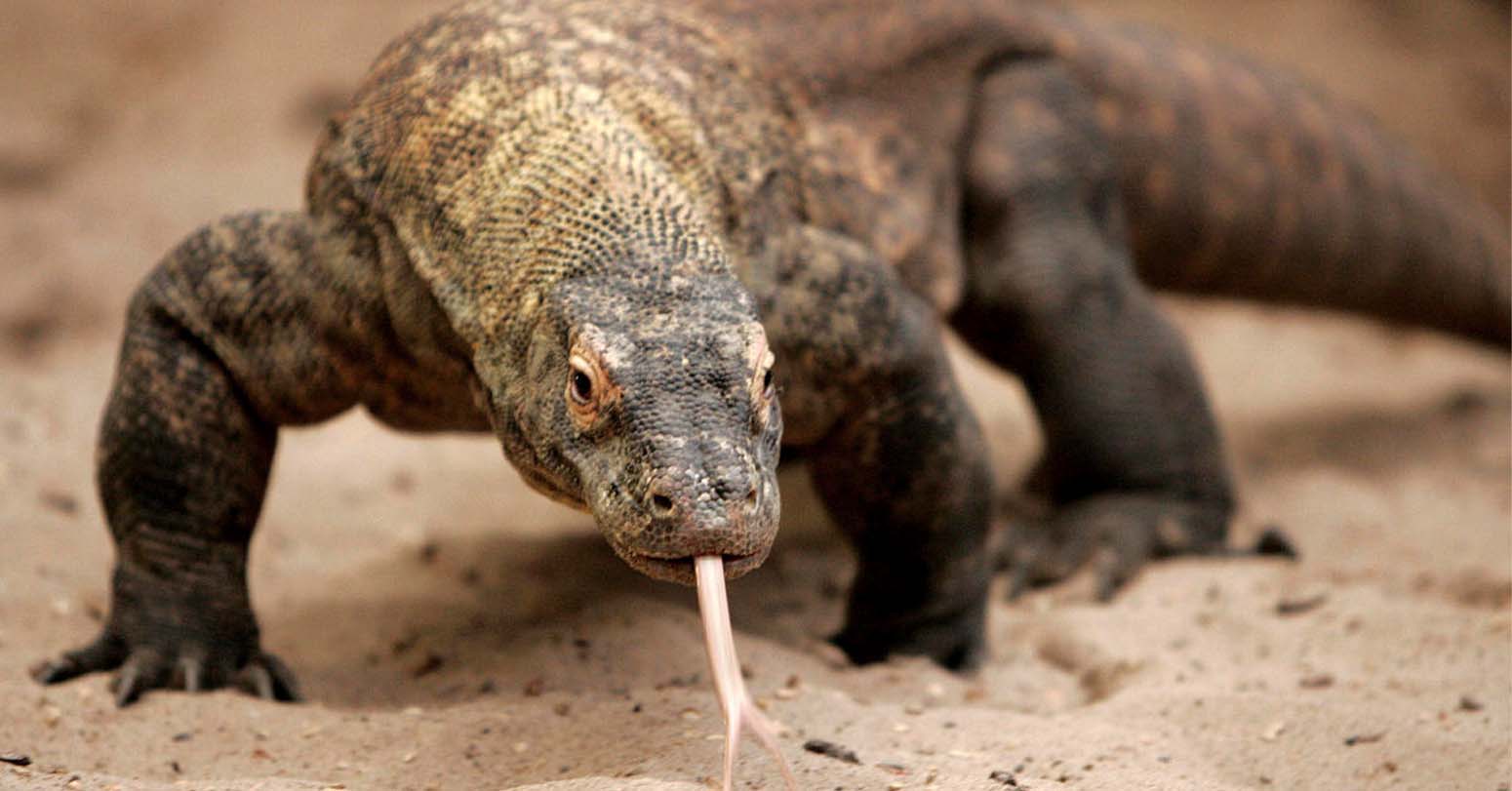
Comprehensive Data Protection Law Critically
Gender Differences In Mental Healthcare
Messi Wins Best FIFA Men’s
Erosion of Democracy
Fly Dubai Catches Fire in
“Complexities of the South Asian